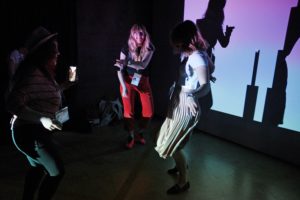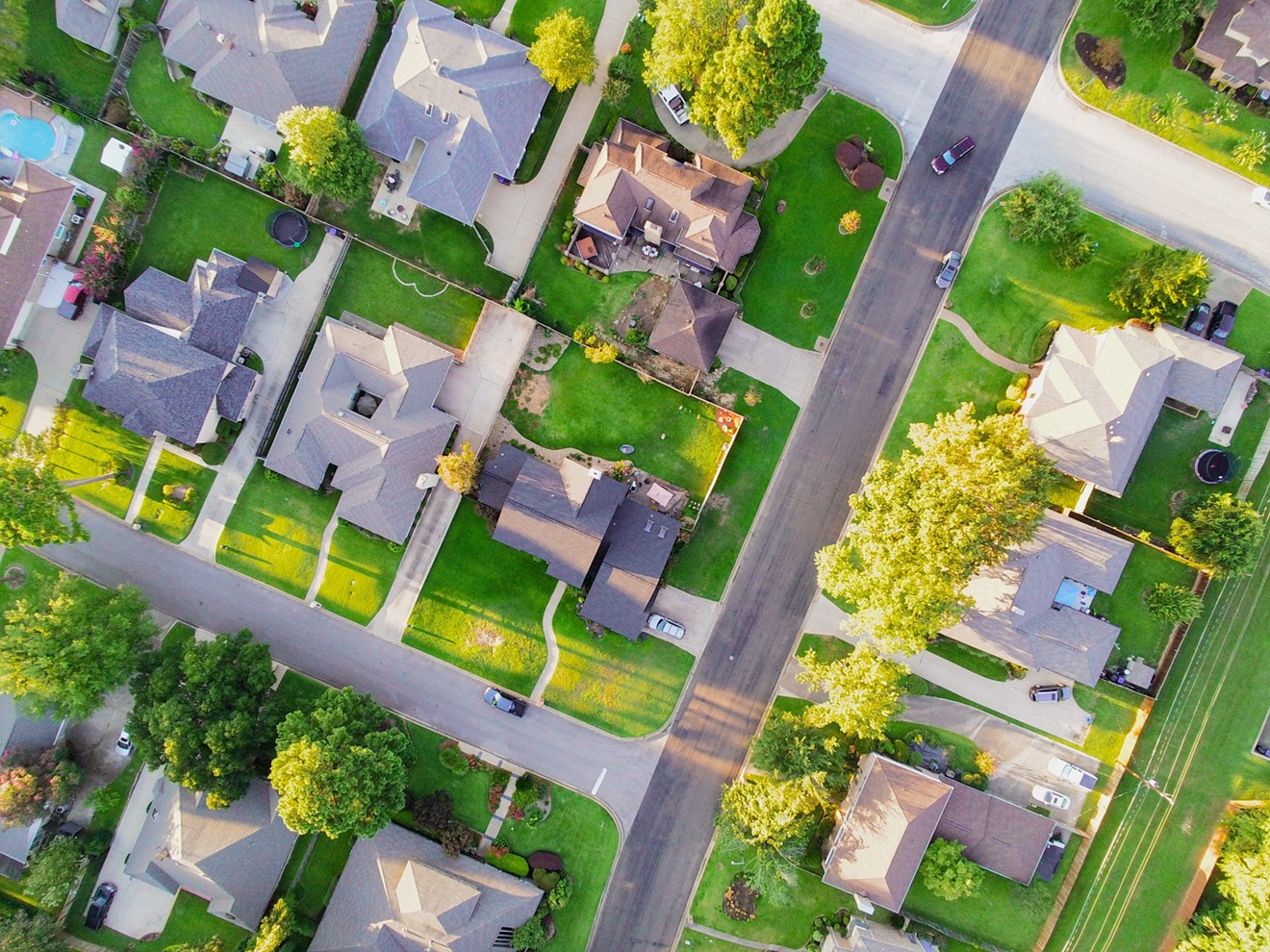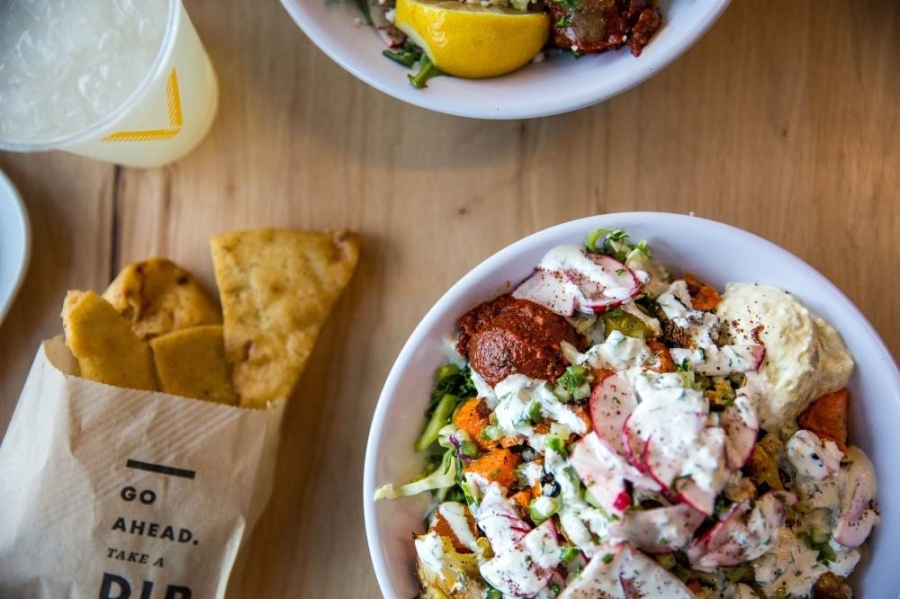 “So many businesses and workers in these spaces pretty much bank their whole year on that money,” said the director of a local nonprofit cultural center.
“So many businesses and workers in these spaces pretty much bank their whole year on that money,” said the director of a local nonprofit cultural center.
For the second year in a row and the second time in its 35-year history, South by Southwest, the media, music and tech event, is missing from its home town of Austin, Texas.
This year, it’s gone virtual and is only running for five days through the rest of this week rather than the usual two weeks. Last year, SXSW was one of the first major live events to pull the plug at the beginning of the pandemic, setting off alarms for the future of an industry that has yet to bounce back.
“South by,” as locals call it, is typically the single-most profitable event for Austin’s hospitality industry. Hundreds of thousands of people across the world gather to attend film screenings, concerts and panels featuring appearances by big-name business leaders, innovators and A-list celebrities. In 2019 alone, the event drew more than 417,000 visitors from 106 countries and raked in a record-breaking $355.9 million for the city’s economy, according to reports released by SXSW.
“So many businesses and workers in these spaces pretty much bank their whole year on that money,” said Cody Cowan, executive director of Red River Cultural District, a nonprofit that represents a cultural hotspot neighborhood in the heart of the city. “Venues, and many other adjacent cultural tourism businesses, hold about 50 percent of annual income from South by Southwest.”
Without this economic engine, local businesses are experiencing pain for the second time in two years.
“Everything is just quiet, you know, it’s just really weird,” said Stephen Sternschein, managing partner at Heard Presents event promotion and marketing company, based in Austin. “The scary thing is whether it will ever come back for real, you know, like whether it will be like what it was.”
The three music venues his business operates — Empire Control Room, Empire Garage and The Parish — typically bring in 30 percent of their annual income during SXSW alone. The venues would usually be packed with thousands of people and 400 SXSW artists during the event, he said. But not this year.
Sternschein said his payroll and customer base are down more than 80 percent amid the pandemic and said he — and the live entertainment industry as a whole — are anxiously awaiting more government relief and more Covid-19 shots in American arms. The American Rescue Plan, signed into law by President Joe Biden last week, has reserved $1.25 billion for the Shuttered Venue Operators Grant program.
“There’s no way you can take a business and cut 90 percent of the revenue, and none of the expenses, and have it make sense.”
“I’m really sitting here biting my nails,” Sternschein said. “There’s no way you can take a business and cut 90 percent of the revenue, and none of the expenses, and have it make sense.”
Samantha Staples, president of Austin-based High Beam Events, said her company usually reaps 80 percent of its annual revenue from SXSW, providing and producing spaces for big names like Google, Subway and McDonald’s since 2005.
“’South by’ is essential to our business just like it’s essential to many other event-related businesses in Austin,” she told NBC News. “It has the unique ability to let certain vendors make enough money for the whole year.”
Although Staples said her company is “in great shape” thanks to federal financial support and a frugal budget since the pandemic began, she recognizes the future hardships it poses for High Beam going forward.
“What’s been so sad and what our biggest challenge is going to be for 2022 is which vendors survive, which venues survive. We’ve got a plan in place in June to start looking at venues trying to find spaces for our clients, because so many places have closed,” she said.
It’s not just Austin’s live event industry that has been hit by the absence of SXSW and busy tourist crowds over the last 12 months.
Paul Henry, co-owner of Houndstooth Coffee, said the festival accounted for 20 percent of revenues at his downtown branch in 2019, as festival attendees came in to grab coffee before a long day or to sit and wait for their hotel check-in time. The pandemic has meant a 65 percent drop across all seven of his cafe locations this past year.
“South by Southwest was great. Covid was earth shattering for us,” he said. “Downtown Austin is a ghost town still, one year on. It’s a little bit busier than it was last April and May, but not really. Nobody’s returned to work in the buildings downtown and the hotels are still mostly empty.”
“South by Southwest was great. Covid was earth shattering for us. Downtown Austin is a ghost town still, one year on.”
The Austin-Round Rock area has lost almost 30,000 leisure and hospitality jobs since the initial outbreak of Covid-19, according to data from the U.S. Bureau of Labor Statistics.
Shelbi Mitchell is the director of cultural experiences and expression at Six Square, an organization dedicated to preserving the cultural legacy of the African American community in Central East Austin. Her organization joined the Austin Community Foundation’s “Stand with Austin” initiative last year, to provide $50,000 in grant funds to community members affected by the cancellation of SXSW.
Six Square has since created its own Covid relief program, working to distribute $55,000 in emergency funding to help Black artists, entrepreneurs and creatives in the area.
One applicant, who curates and produces events, said they have lost $15,000 since March due to events being “canceled due to Covid-19.” Another, who said they had an official partnership with SXSW in 2020, was supposed to bring 60 professionals, entrepreneurs and speakers to Austin but ended up losing money planning for an event that never happened. A performer who applied for the funding said all of their touring and local performances had been canceled “indefinitely.”
In March last year, Red River Cultural District launched Banding Together ATX, a relief program for music and hospitality workers in the greater Austin area. It has since awarded $225,000 worth of H-E-B grocery store gift cards to over 3,000 residents.
Austin institutions have also been impacted by the pandemic and the city’s inability to host SXSW.
Sylvia Orozco, executive director of the Mexic-Arte Museum, said the festival usually brings in about $150,000 from increased admissions, shop sales, and window display and event space rentals.
“We’re in the middle of downtown, we’re in the eye of it during ‘South by’ and we get major rentals,” she said. “We felt it more last year because it was a shock we weren’t expecting. Luckily, we had a major rental and because of our contract we didn’t have to return the money. But this year no one even reached out.”
Orozco and her team hustled to apply for numerous arts-related grants, which helped them get by during the worst of the pandemic. But she’s concerned the lack of tourism will have long-lasting effects on the local economy and the museum, which she co-founded in 1984.
“There aren’t any tourists, so there’s no money,” she said. “It’s the most horrible experience I’ve ever had.”
Although the last year has been difficult for the Austin business and arts community, the future appears brighter.
“While we are exploring a hybrid model for next year, Dr. Mark Escott (Austin Public Health’s Interim Authority) recently said, ‘I’m very confident that SXSW will look normal, or near-normal next year,’ and we, too, share his optimism that we will be able to hold an in person event in 2022,” said Roland Swenson, co-founder and CEO of SXSW




0 Comments